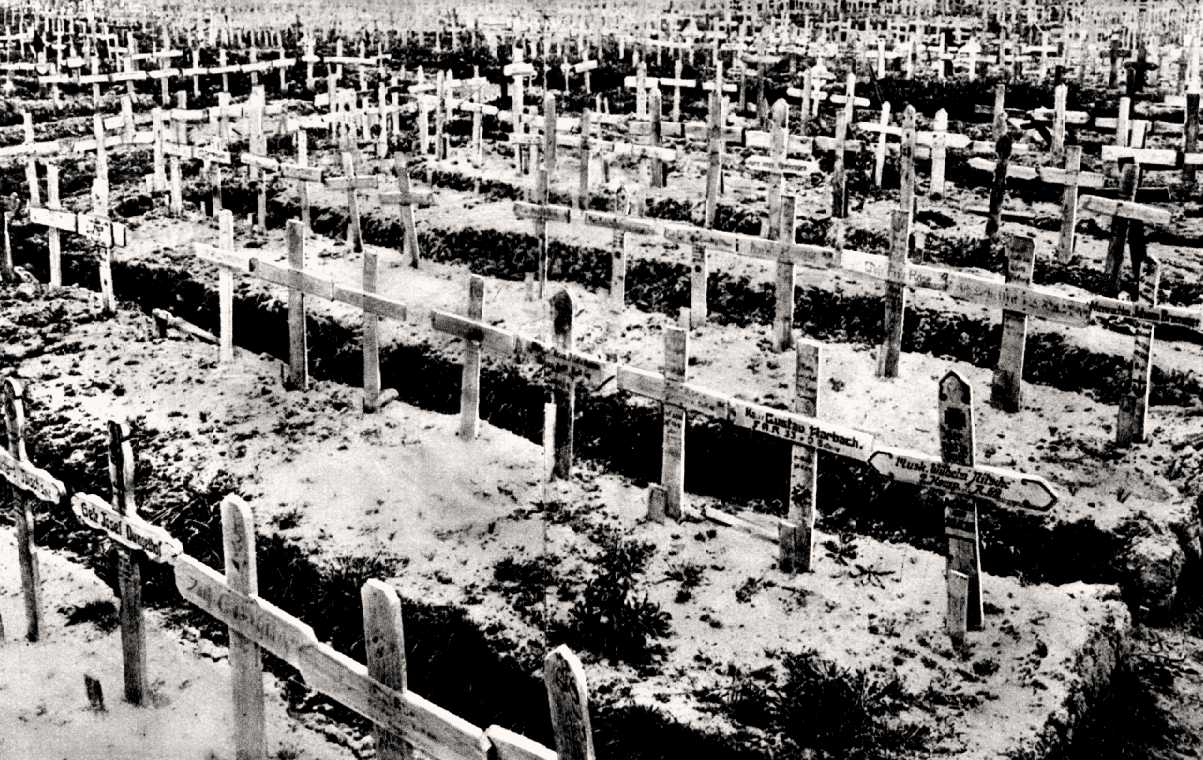Remembering Verdun: lessons from history
Kate Hudson, national secretary of Left Unity attended a centenary conference at Verdum last weekend with others from the European left to discuss and debate some of the historical lessons from that period.
The Battle of Verdun, lasting from 21 February to 18 December 1916, was one of the largest and longest battles of the First World War, fought over a tiny piece of land on the Western Front between the German and French armies. It was one of the most costly battles – in terms of lives lost – in human history. An estimate in the year 2000 found a total of 714,231 casualties, 377,231 French and 337,000 German, an average of 70,000 casualties a month; other recent estimates increase the total number lost to 976,000.
The conditions were unspeakable. So much fighting in such a small area devastated the land and together with the rain turned the clay of the area to a wasteland of mud full of human remains. A French lieutenant at Verdun, who would be killed by a shell, wrote in his diary on 23 May 1916, ‘Humanity is mad. It must be mad to do what it is doing. What a massacre! What scenes of horror and carnage! I cannot find words to translate my impressions. Hell cannot be so terrible. Men are mad!’
Kate Hudson, Left Unity National Secretary, speaking at a centenary commemoration conference in Verdun recently, observed:
‘The role of the left is crucial in preventing and opposing war and it is worth us remembering that the origins of the communist movement were in their opposition to the First World War, to that disastrous imperialist war that we remember here in Verdun. When the war drums sounded in 1914, most of the socialist parties went against their internationalist and anti-militarist policies and signed up for the war, in support of their national elites. A minority opposed it and began to organise itself against the war. That war, in which so many died, should not have happened – it should have been prevented by the international workers’ movement, but its majority sank into pro-war nationalism. Our movement is founded in the anti-imperialist and anti-war struggles of a century ago and our role in defeating the far right and fighting for peace is indispensable.
‘There is a further historical lesson which has significance for our times. In 1915, a conference was convened in Zimmerwald in Switzerland, by V.I.Lenin where the left who rejected war gathered together to organise their opposition to the war. Lenin exposed what he called the social chauvinists for their support of their own national bourgeoisies rather than siding with the international working class. Their bond, he said, should be class not nation. And that is a key lesson, for the left today – in Britain as elsewhere – and for the peace movement too, for we will have no peace in Europe with the rise of nationalism and the far right. That must be defeated – by what was needed in the 1930s and one hundred years ago as well – by unity and international solidarity and cooperation.’
Left Unity is active in movements and campaigns across the left, working to create an alternative to the main political parties.
About Left Unity
Read our manifesto
Left Unity is a member of the European Left Party. 
Read the European Left Manifesto
ACTIVIST CALENDAR
Events and protests from around the movement, and local Left Unity meetings.

ongoing
Just Stop Oil – Slow Marches
Slow marches are still legal (so LOW RISK of arrest), and are extremely effective. The plan is to keep up the pressure on this ecocidal government to stop all new fossil fuel licences.
Saturday 27th April: national march for Palestine
National demonstration.
Ceasefire NOW! Stop the Genocide in Gaza: Assemble 12 noon Central London
Full details to follow
More events »
GET UPDATES
Sign up to the Left Unity email newsletter.
CAMPAIGNING MATERIALS
Get the latest Left Unity resources.



